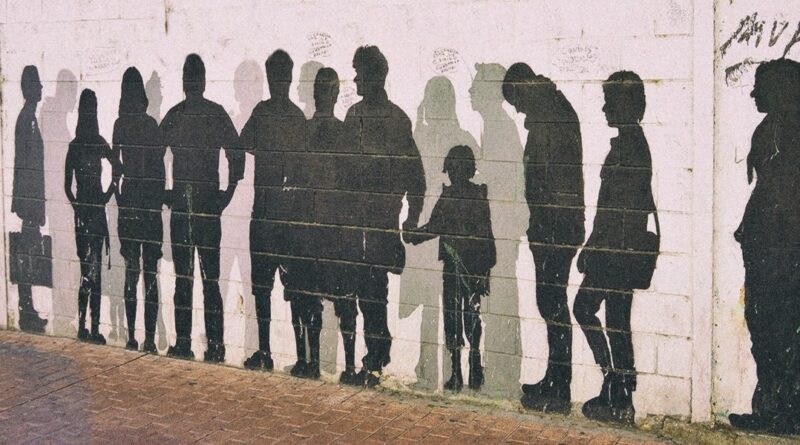Beyond Fear: The Path to meaningful Conversations
There comes a point in our lives when we look back at events that not only altered our individual world but reshaped an entire nation. The 11th of September attacks stand as testament to such moments. My memory takes me back to my office in the iconic General Motors Building, nestled at the meeting point of Central Park’s 5th avenue and 59th street. The prospect of our building falling under the threat of an airborne assault instigated a fear I had never encountered before.
In the subsequent day, I found myself confined to the confines of my apartment, paralyzed by the uncertainty of what might happen next. The human brain has evolved over centuries to sense peril and boost our survival mechanics. When faced with an ambiguity regarding future outcomes, this survival mechanism can amplify neutral situations into potential threats, triggering our innate fear response. This Freudian concept is termed as the ‘intolerance of uncertainty’.
However, amidst this fearful atmosphere, there were individuals who reacted differently. They felt empowered, channeled their fear into action, aiding in the recovery process. I recall a friend who journeyed to 14th street to assist with supplies and offered his services where necessary. A handful of people acted similarly, but they were in the minority.
As time passed, this fear of the unknown became a rallying cry, uniting the nation in unprecedented ways. Both mass popularity and economic opportunities were milked from this collective paranoia. The nation was driven to a war that initially drew widespread approval and resulted in a colossal expenditure.
Such scenarios are not alien even today. Our current societal landscape is shaped largely by fear. The majority folks in the country are fearful about the future trajectory it seems to be heading towards – dwindling liberty, accelerated radical change, and deteriorating economic stability.
The specific fears vary from person to person and are influenced by various factors—issues of political system, immigration, religion, criminal-justice policy, taxes, and gender. Despite political affiliations, optimism about the future seems to be dwindling for many.
This pandemonium provides a rich battleground for entities to fuel their personal gains by channeling public fear into increased hostility and violent behaviors. It should be emphasized that resorting to violence against those with contrasting beliefs is never justified.
However, it is understood that perpetrating violence might seem like an easier path for many and may even provide some level of satisfaction, given the challenge of confronting one’s insecurities that reflect one’s vulnerabilities and inadequacies. Often, imaging oneself as a warrior against misunderstood ideologies and individuals can seem less tough.
Now the key question rises – what could we do to address and contain this fear and resultant harm? The response is simple; compete – not with weapons or force, but through healthy discourse, presence, and persuasion.
A potential strategy could include fostering a culture that appreciates disagreements. Deploying persuasive communicators in environments opposing their views and documenting these interactions can be crucial. Consider transforming their audience into prospective content creators. Establish a brand that doesn’t shun difficult questions, but embraces them.
Trade fleeting viral content for constructive discussions that spark curiosity. Applaud thoughtful exchanges over humiliation. Focus on enhancing clarity and less on crowning a winner. Start conversations on the freedoms you aim to safeguard.
Highlight the practical benefits of your policies over abstract virtues. Assist in areas like voter registration or debt relief forms. Remember, actions speak louder than words, and people will remember those who genuinely help them.
Promote a culture of radical civility, where dissent is not only permitted but actively encouraged. Ensure a safe environment for skeptics to express their views and argue their case. This will aid in expanding the reachable middle ground.
Ultimately, we must vote for leaders who instill trust rather than fear, who inspire us to empathize rather than antagonize. We need to come together to condemn violence. The dream is a society where anyone on the brink of radicalization can find a friend, support or a loving environment to address their pain, a society where we overcome fear not with hate and aggression, but with words and understanding.

